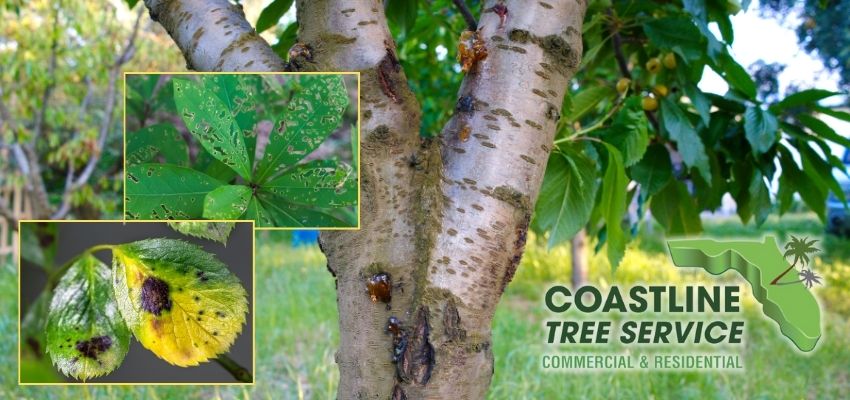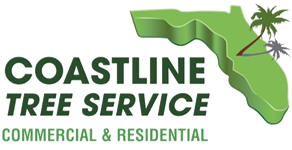
Recognizing the Signs of an Unhealthy Tree: Insights from Coastline Tree Service
Trees serve as a beautiful and essential part of any landscape. However, like all living organisms, they can face health issues that can affect their vitality and longevity. As experts in tree maintenance at Coastline Tree Service, we believe that early detection of these signs can aid in proper treatment and prevention of further damage. Here, we explain the top signs indicating that your tree landscape may not be healthy.
Understanding Tree Health
Tree health can be influenced by various factors, including pests, diseases, weather conditions, and care practices. It’s important to regularly inspect your trees for any unusual signs or changes, as these could indicate underlying health issues.
1. Lack of Leaves During Warm Months
Healthy trees should have a thick cover of bright leaves during warm months. If you notice fewer leaves than usual, especially when other trees of the same species are blooming, it could indicate a health problem.
2. Branch Dieback and Dead Wood in the Crown
Branch dieback is a condition where the ends of branches begin to die, often resulting in dead wood in the crown of the tree. This symptom can be caused by various issues, including pest infestations, diseases, or environmental stressors like drought.
3. Variance in Leaf Size and Color
Unusually small or discolored leaves can be a sign of nutrient deficiencies or diseases. Yellowing leaves may indicate a lack of essential nutrients like nitrogen, while spotted or browning leaves could suggest a fungal infection.
4. Cracked or Raised Soil at the Base
The base of a tree can offer telltale signs of its health. Cracked or raised soil may indicate root problems, potentially caused by diseases or physical damage.
5. Brittle and Brown Foliage
Brittle, brown foliage on certain parts of a tree is a problem that requires immediate attention. This could be a sign of dehydration or a more serious condition like a disease or pest infestation.
6. Soil Deficiencies
Trees require certain nutrients to thrive. If the soil around your trees lacks these critical nutrients, the tree’s health can suffer.
7. Wilting, Yellowing Leaves and Brown, Dying Leaves
Wilting or yellowing leaves could indicate a lack of water or a disease. Similarly, brown and dying leaves could suggest a severe issue such as root rot or a pest infestation.
8. Spots or Blemishes on Leaves, Fruit, and Bark
Spots or blemishes on a tree’s leaves, fruit, or bark could be a sign of a fungal infection or a pest problem.
9. Fuzzy or Moldy-Looking Patches
Fuzzy or moldy-looking patches on a tree can indicate the presence of a fungal disease. These diseases can weaken the tree and make it more susceptible to other issues.
10. Hanging, Broken, or Damaged Limbs
Hanging, broken, or damaged limbs can pose a safety hazard and may also indicate underlying health issues.
The Next Steps
If you notice any of these signs, it’s crucial to seek professional help. At Coastline Tree Service, our experts can diagnose and treat a range of tree health issues. We offer comprehensive tree maintenance services to ensure your trees remain healthy, enhancing the beauty of your property and extending the life of your trees.
Remember, early detection is key to treating and preventing further damage. Regular tree inspections and proper tree care practices can go a long way in maintaining the health and vitality of your trees
Is Your Tree Landscape In Need Of Tree Management Services?
Give Us A Call! We have the equipment, man power, and on staff expertise (certified arborists & tree experts) to handle all of your tree service management needs in SW Florida including all tree trimming, tree removal, tree pruning, root pruning & tree stump removal services to name a few.
We proudly serve and offer tree trimming services in Naples, Marco Island, Bonita Springs, Estero, Fort Myers, Fort Myers Beach, North Fort Myers, Cape Coral, Sanibel & Punta Gorda.
Give us a Call at: (239) 895-3230 or contact us online at:https://www.coastlinetree.com/contact-us/
